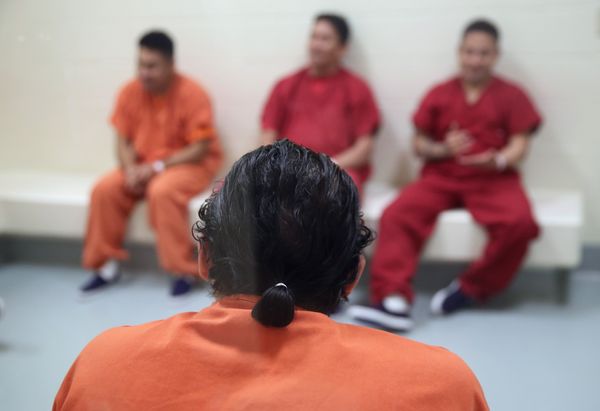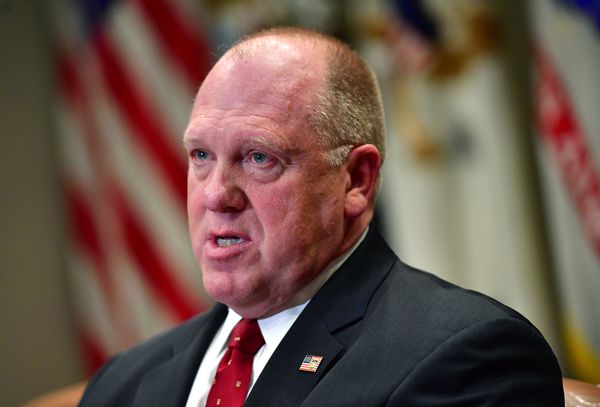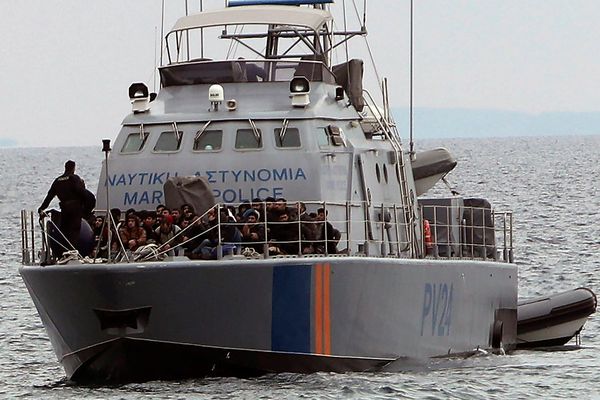
As the controversy over a ban on a controversial BBC documentary on Prime Minister Narendra Modi grows, the Supreme Court is set to hear petitions challenging the government move on February 6.
Responding to the petitions, filed by litigant ML Sharma and journalist N Ram, advocate Prashant Bhushan, and TMC MP Mahua Moitra, Union law minister Kiren Rijiju Monday said, “This is how they waste the precious time of Hon’ble Supreme Court where thousands of common citizens are waiting and seeking dates for justice.”
The BBC, meanwhile, has said that its documentary “was rigorously researched according to highest editorial standards” and that it “offered the Indian government a right to reply to the matters raised in the series” but “it declined to respond”.
The British public broadcaster made the remarks in response to a questionnaire sent by Newslaundry.
Asked why its documentary India: The Modi question was not released in India despite being based in the country, a BBC spokesperson said, “It was commissioned as part of the BBC2 commissioning process so at this stage it is currently only scheduled for UK showings.”
Asked about remarks by the Ministry of External Affairs calling the film a “propaganda”, BBC said, “The documentary was rigorously researched according to highest editorial standards. A wide range of voices, witnesses and experts were approached, and we have featured a range of opinions – this includes responses from people in the BJP. We offered the Indian government a right to reply to the matters raised in the series – it declined to respond.”
Sources told Newslaundry that BBC has allegedly told its staff in India to be cautious, and to remove BBC stickers and ID from their vehicles and microphones. Asked about such steps, the spokesperson said, “We do not comment on security matters.”
Newslaundry is a reader-supported, ad-free, independent news outlet based out of New Delhi. Support their journalism, here.







